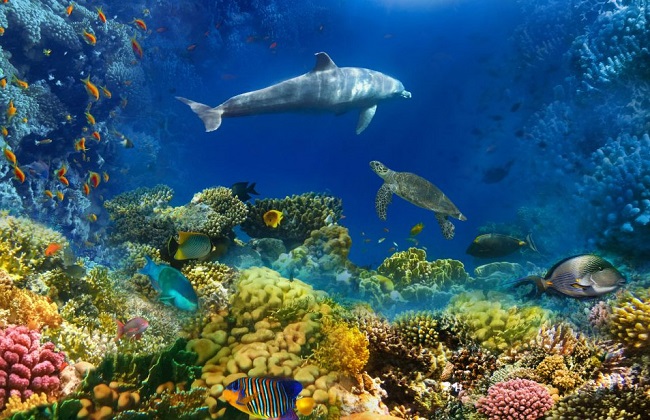
Diplomats from around the world have failed to reach agreement on a United Nations treaty designed to protect marine life on the high seas, after a fifth round of talks ended in impasse.
Negotiations at U.N. headquarters in New York were suspended early Saturday following two weeks of talks that environmentalists had hoped would close a gap in international marine protection measures.
A proposed treaty would set rules for protecting biodiversity in two-thirds of the world’s ocean areas that are outside of national jurisdictions.
Talks centered on how to share benefits from marine life, establish protected areas, prevent harm from human activity on the high seas and to help poor countries gain the skills and means for ocean exploration.
Campaigners expressed disappointment at the failure to reach a deal but said the talks produced some progress.
Laura Meller, who leads Greenpeace’s ocean protection campaign, accused rich countries such as the United States of being too slow to compromise.
“Russia has also been a key blocker in negotiations, refusing to engage in the treaty process itself, or attempting to compromise with the European Union and many other states on a wide range of issues,” Meller said.
The talks will resume next year unless a special emergency session is called before the end of 2022.
U.S. Assistant Secretary of State Monica Medina also voiced disappointment but expressed hope that the work done so far would carry forward. She said the United States remained committed to the goal of protecting at least 30% of the world’s oceans by 2030.
“We cannot let the tides and currents push us back. We must keep going,” Medina said.


